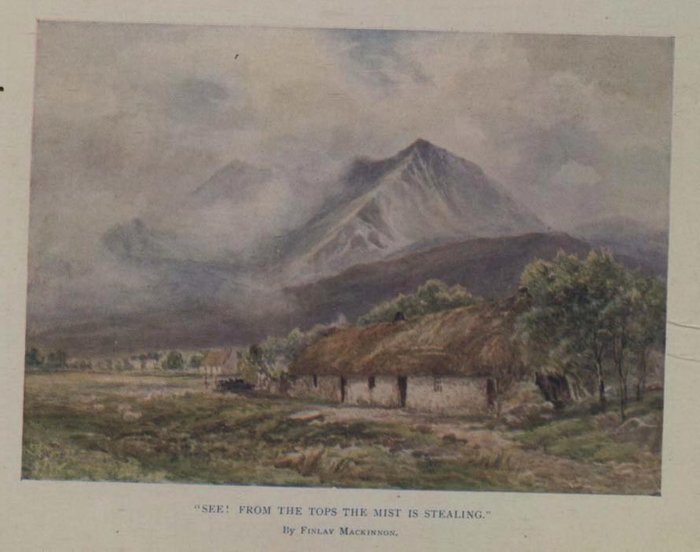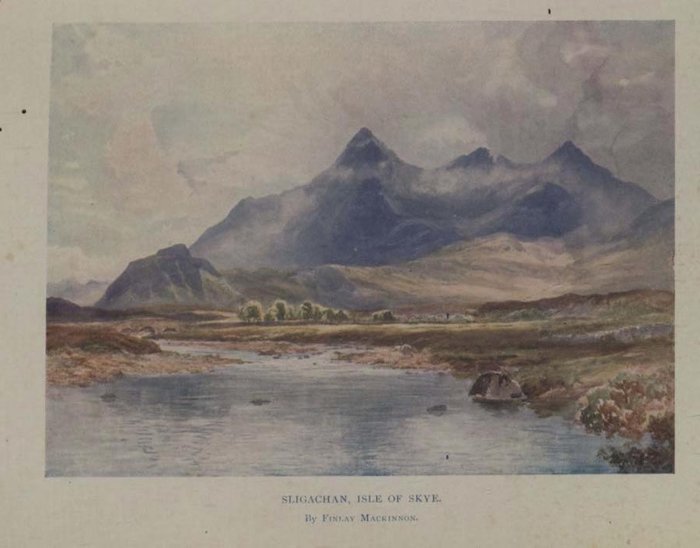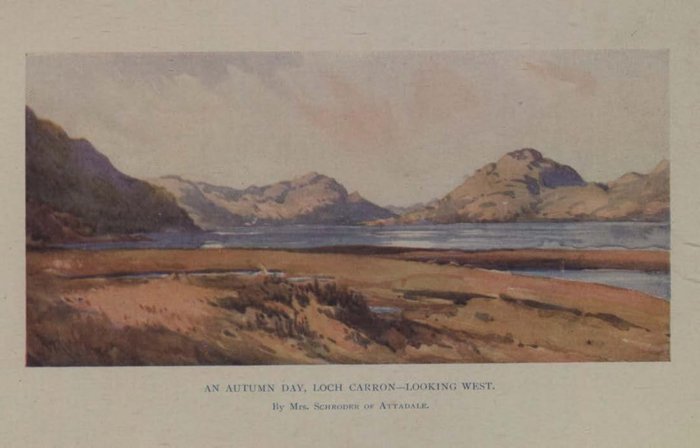Gleanings of the Week Ending June 15, 2024
/The items below were ‘the cream’ of the articles and websites I found this past week. Click on the light green text to look at the article.
Could the world famous Roman Baths help scientists counter the challenge of antibiotic resistance? – A diverse array of microorganisms were found in the hot waters of the Roman Baths. Tests showed 15 of the isolated bacteria -- including examples of Proteobacteria and Firmicutes -- displayed varying levels of inhibition against human pathogens including E.coli, Staphylococcus Aureus and Shigella flexneri.
The Changing Nature of Wilderness - The U.S. government has begun to acknowledge the Indigenous history of ‘wilderness’ areas and, in some (very few) cases, restored land to native tribes or created co-management agreements.
Nearly 25% of land in Africa has been damaged – What’s to blame, and what can be done - The “big five” drivers of land degradation globally and in Africa are:
biological invasions, where plant species have spread outside their indigenous area and disrupted the services provided by ecosystems
climate change driven events, such as intense droughts and severe fires
extractive activities, such as mining and over-harvesting
habitat transformation or fragmentation, including deforestation and poor agricultural practices
pollutants such as sulfur dioxide, and eutrophication – where algae and other plants take over plant life.
The Hunt: Genghis Khan’s Final Resting Place - His last wish was to be buried in secret, something his soldiers accomplished in two ways: by killing everyone they met enroute to the gravesite, and then trampling that site under the hoofs of their horses until no trace was left. Although tomb culture, inherited from the neighboring Chinese, was well-established by the time Genghis Khan was born, many were constructed underground, some at a depth of more than 65 feet. Most Mongolians today would prefer that Genghis Khan’s tomb stayed hidden. Not because discovering it would unleash an ancient curse—a superstition that was actually quite widespread in Soviet times—but simply out of respect for the historical figure’s dying wish.
Airplane noise exposure may increase risk of chronic disease - Research has shown that noise from airplanes and helicopters flying overhead are far more bothersome to people than noise from other modes of transportation, and a growing body of research suggests that aircraft noise is also contributing to negative health outcomes.
New fossils show what Australia’s giant prehistoric ‘thunder birds’ looked like – and offer clues about how they died out - While the birds had broad, short toes and hoof-like claws for moving across open ground between bodies of water, their partial reliance on freshwater and new plant growth would have become more difficult as ponds and lakes shrunk and disappeared.
Phoenix Heat Deaths Rose by 1,000 Percent in 10 Years - Relentless heat led to 645 deaths last year in Maricopa County, the most ever documented in Arizona’s biggest metropolitan area. Almost half of the victims last year were homeless — 290 people. Twenty died at bus stops, others were in tents, and an unrecorded number of people were found on the pavement, prone as if on a baking stone.
Warming Brings Early Bloom to Bulgarian Rose Fields – Bulgaria is a top producer of rose water and rose oil. To produce these goods, pickers must harvest the flowers early in the morning, when their petals are richest in oil. After a mild winter and warm spring, pickers in Bulgaria’s Rose Valley have headed to the fields around three weeks earlier than normal.
15 Awe-Inspiring Images of Our Galaxy from the 2024 Milky Way Photographer of the Year – From around the world.
See the Rare Neolithic and Viking Treasures Returning to Scotland for Display – Artifacts from the Isle of Lewis. The scoop or ladle made from horn is my favorite.
























